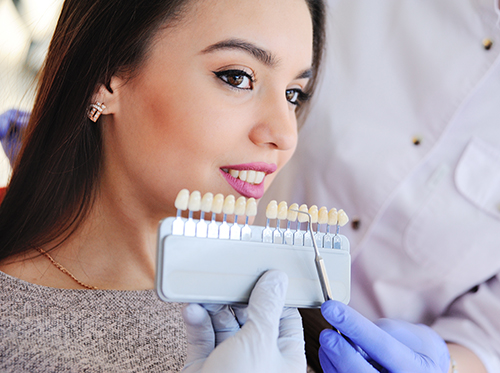How HPV and Oral Cancer are Related
May 9th, 2018

Did you know that Human Papilloma Virus (HPV) and oral cancer are linked? This information may prevent you or a loved one from suffering from oral cancer if a diagnosis is made early. Dr. Stephen Hudis and our team want you to understand how you can prevent the spread of oral cancer and protect yourself if you have HPV.
People don’t often speak up about this common virus, but we believe it’s important to educate yourself to prevent the potential spread of oral cancer. According to the Centers for Disease Control and Prevention, up to 80% of Americans will have HPV infections in their lifetime without even knowing it. Symptoms usually go unnoticed, though it’s one of the most common viruses in the U.S. The body’s immune system is generally able to kill the HPV infection without causing any noticeable issues. If you think you might have HPV, talk with primary care physician about getting the preventive vaccine or taking an HPV test.
According to the Oral Cancer Foundation, “HPV is the leading cause of oropharyngeal cancers (the very back of the mouth and throat), and a very small number of front of the mouth, oral cavity cancers. HPV16 is the version most responsible, and affects both males and females.”
Common signs of oral cancer may include:
- Ulcers or sores that don’t heal within a couple of weeks
- Swelling, lumps, and discoloration on the soft tissues in the mouth
- Difficult or painful swallowing
- Pain with chewing
- Persistent sore throat
- Numbness of the mouth or lips
- Lumps felt on the outside of the neck
- Constant coughing
- Earaches on one side of your head
If you experience any of these side effects, please contact Princeton Restorative & Implant Dentistry as soon as possible.
We hope this information will help you understand the interactions between HPV and oral cancer. Please remember to take precautionary steps if you notice anything out of the ordinary with regard to your oral health. If you have any questions or concerns, contact our Princeton, NJ office.







